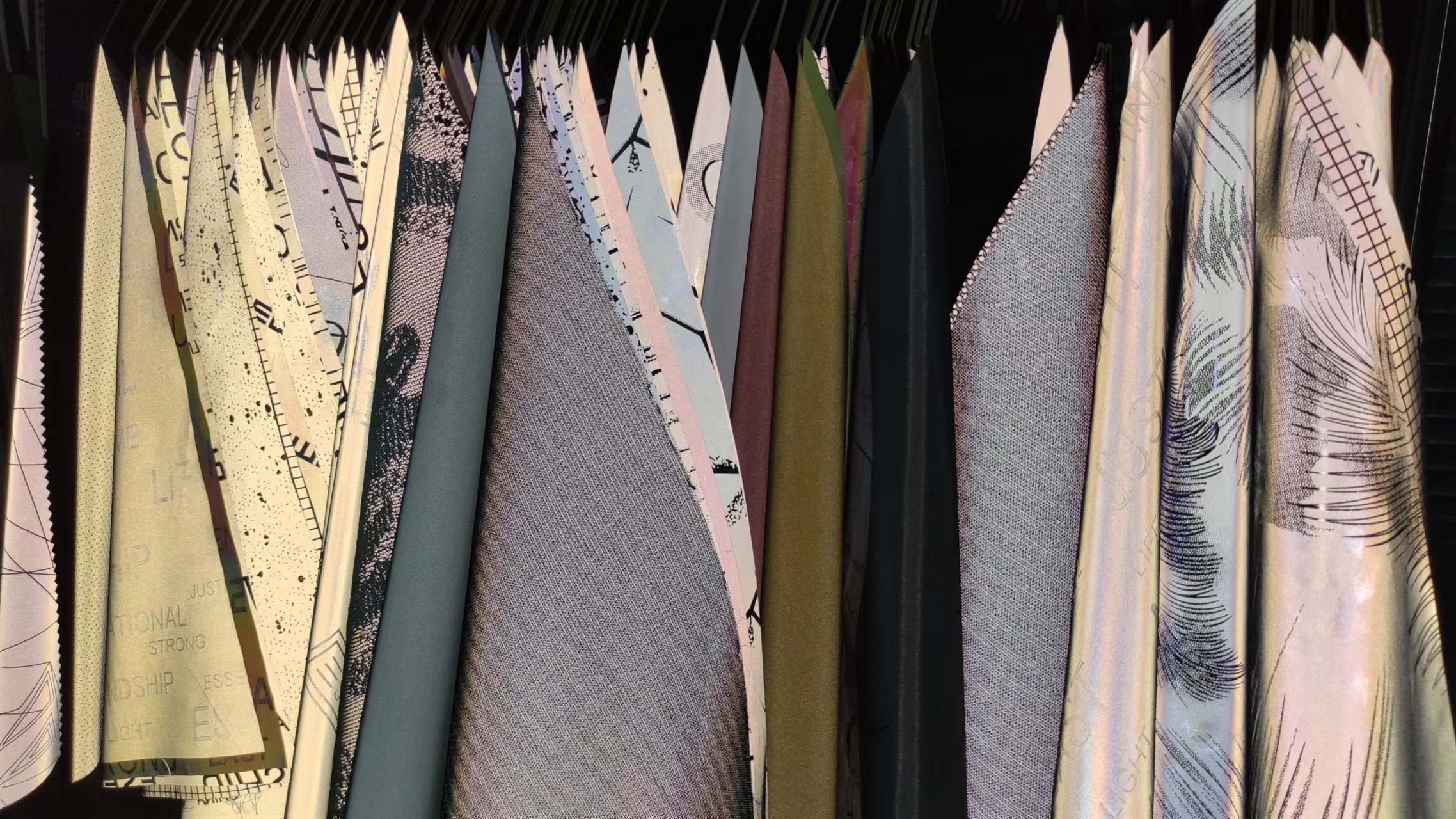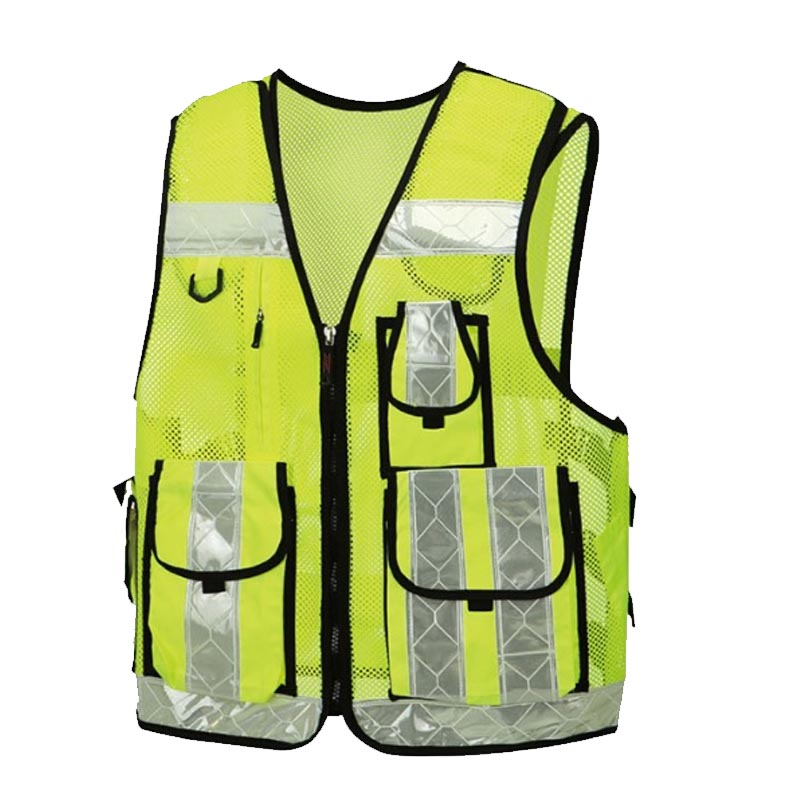When it comes to selecting workwear, it is important to consider the specific needs and demands of your work environment. Whether you work in a warm or cold environment, outdoors in the rain, or in a setting where you may be exposed to flames and sparks, the right fabric can make a big difference in your comfort and safety on the job. There are many different fabric qualities to choose from, each with its own unique properties. At Lino, we offer more than 100 different fabric options, so you can find the one that best suits your needs. The most suitable fabric for you will depend on your industry and the specific conditions of your work environment.
Workwear fabrics
Workwear is clothing that is specifically designed and worn for work or occupational purposes. It is typically durable and functional, with features such as reinforced seams and pockets to help it withstand the wear and tear of a work environment. Workwear can include items such as uniforms, overalls, protective clothing, and safety gear. It is important to choose the right workwear for the specific needs of your job, as it can help to protect you from potential hazards, keep you comfortable and safe, and maintain a professional appearance. Workwear can be made from a variety of fabrics, such as cotton, polyester, nylon, wool, denim, canvas, and corduroy, each with its own unique properties and characteristics.
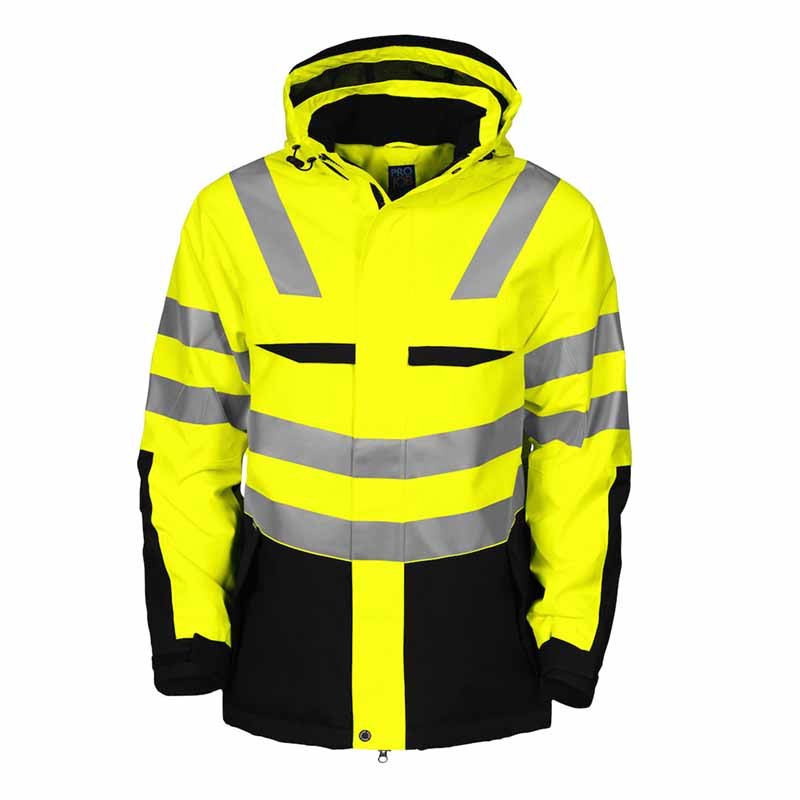
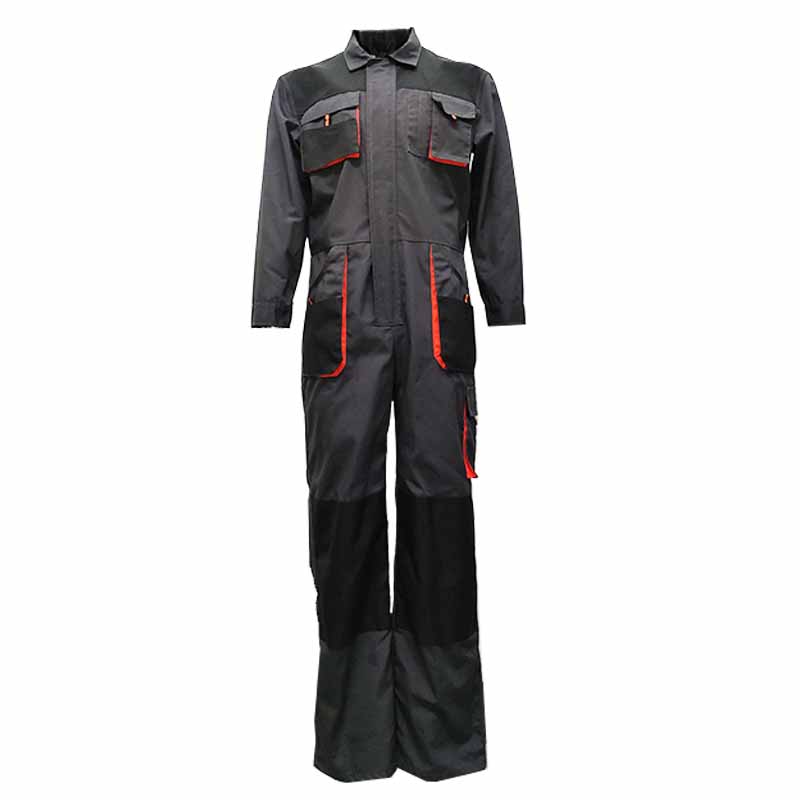
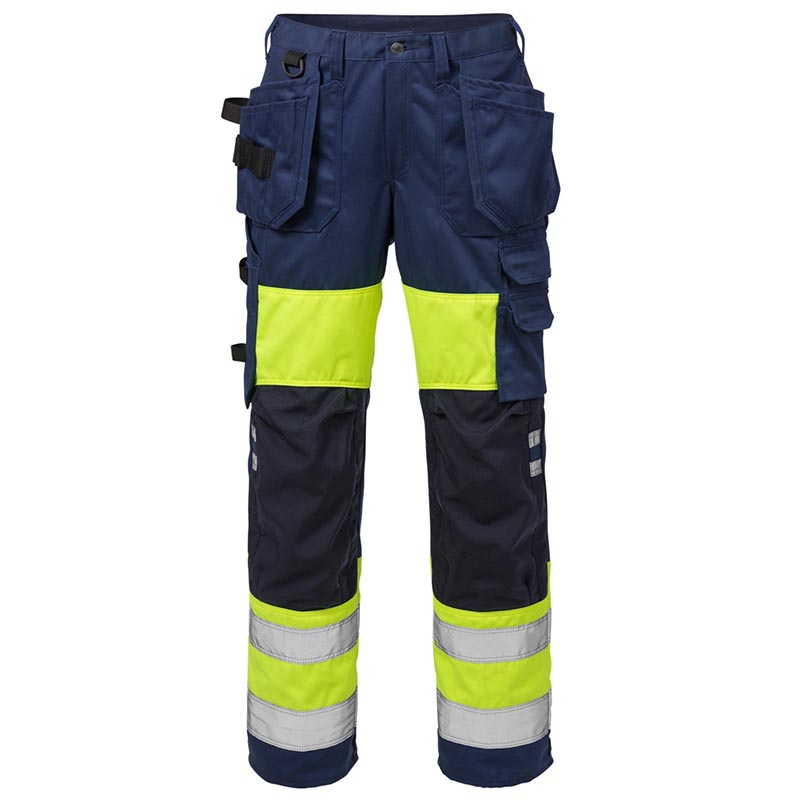
Cotton – 100 % Natural workwear fabric
Cotton is a natural fiber that is commonly used in the production of workwear. It is known for its softness, breathability, and absorbency, which make it comfortable to wear and suitable for a range of different environments. Cotton is also durable and easy to care for, making it a popular choice for workwear.
Some specific advantages of cotton as a fabric for workwear include:
- Breathability: Cotton is highly breathable, which means it allows air to circulate and helps to keep the skin dry and comfortable. This can be especially important in hot or humid environments, or when working in physically demanding conditions.
- Absorbency: Cotton is highly absorbent, which means it can quickly soak up sweat and other moisture from the skin. This can help to keep the skin dry and prevent irritation or discomfort.
- Comfort: Cotton is soft and comfortable to wear, making it a popular choice for workwear that may be worn for long periods of time.
- Durability: Cotton is a strong, durable fabric that is resistant to wear and tear. It can withstand the rigors of a work environment and hold up well over time with proper care.
- Easy care: Cotton is easy to care for and maintain, making it a convenient choice for workwear. It can be machine washed and dried, and it is generally resistant to wrinkling and shrinking.
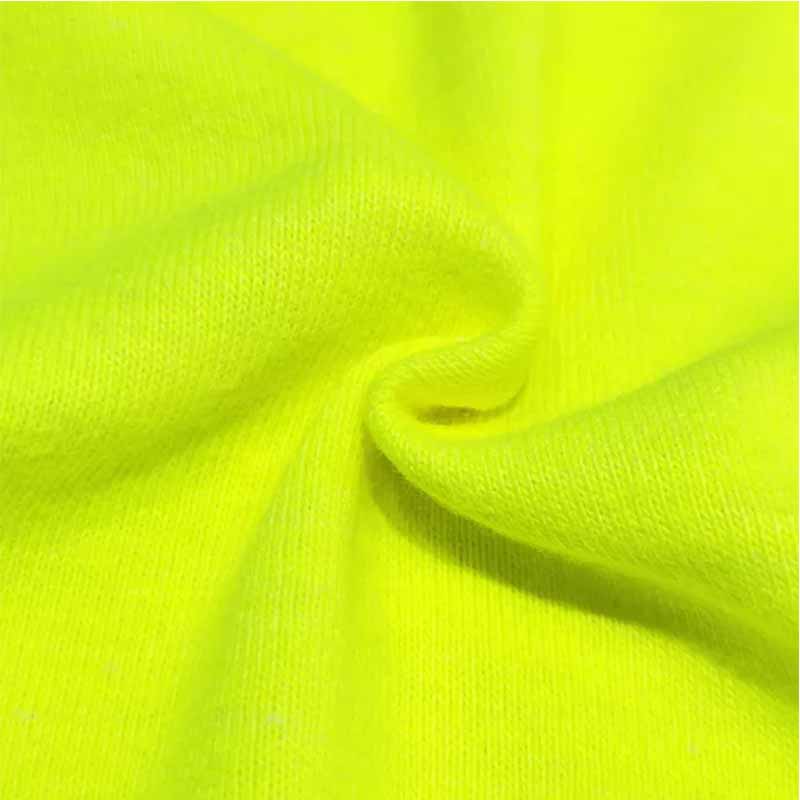
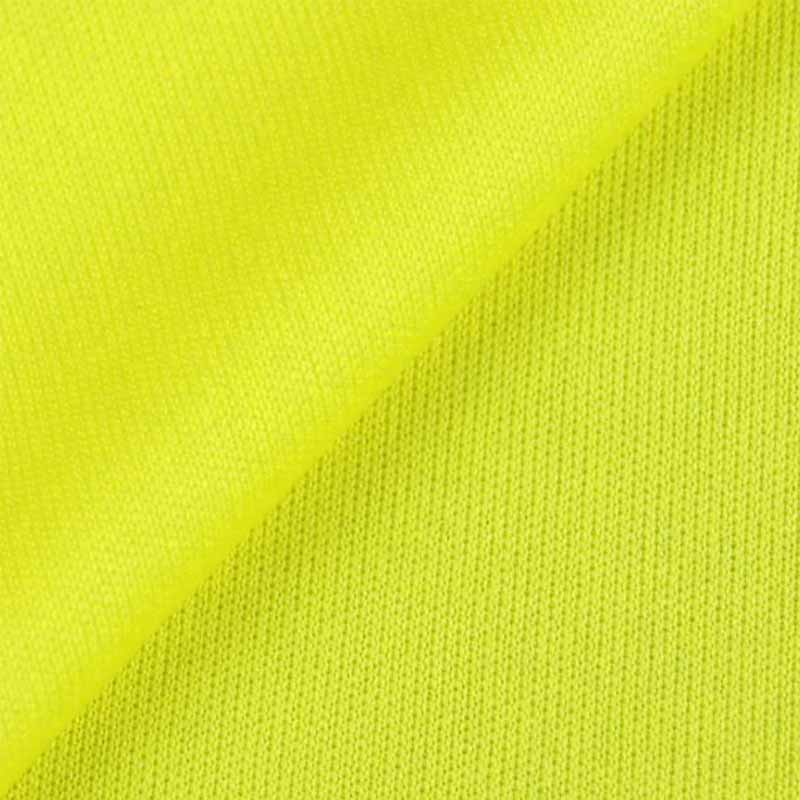
Canvas
Canvas is a heavy, sturdy fabric that is made from cotton or linen and is commonly used for workwear and outdoor gear. It is known for its durability, resistance to wear and tear, and easy care.
Some specific advantages of canvas as a fabric for workwear include:
- Durability: Canvas is a strong, sturdy fabric that is resistant to wear and tear. It can withstand the rigors of a work environment and hold up well over time with proper care.
- Resistance to moisture: Canvas is a relatively water-resistant fabric, which means it can withstand some exposure to moisture without becoming damaged. This makes it a good choice for outdoor or wet work environments.
- Easy care: Canvas is easy to care for and maintain. It can be machine washed and dried, and it is generally resistant to wrinkling and shrinking.
- Breathability: While not as breathable as some other fabrics, canvas is still relatively breathable and can help to keep the skin dry and comfortable.
- Versatility: Canvas is a versatile fabric that can be used in a variety of workwear applications, such as overalls, coveralls, and aprons.
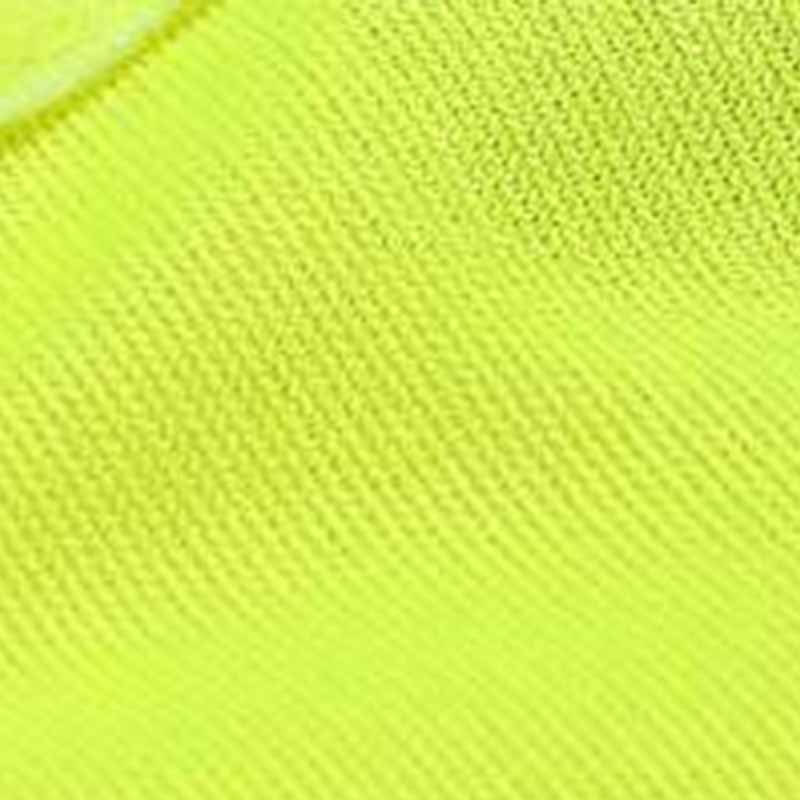
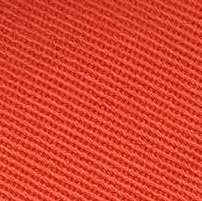
Polyester
Polyester is a synthetic fiber that is commonly used in the production of clothing, including workwear. It is known for its strength, durability, and resistance to wrinkles, fading, and shrinking.
Some specific advantages of polyester as a fabric for workwear include:
- Strength: Polyester is a strong, durable fiber that is resistant to wear and tear. It can withstand the rigors of a work environment and hold up well over time with proper care.
- Moisture-wicking: Polyester is moisture-wicking, which means it absorbs sweat and other moisture from the skin and helps to keep the skin dry and comfortable. This can be especially important in hot or humid environments, or when working in physically demanding conditions.
- Quick drying: Polyester is a fast-drying fabric, which means it can quickly evaporate any moisture that it absorbs. This can help to keep the skin dry and prevent irritation or discomfort.
- Resistance to wrinkling: Polyester is resistant to wrinkling, which means it maintains its shape and appearance even after being worn and washed multiple times. This can be especially important for workwear that may need to maintain a professional appearance.
- Easy care: Polyester is easy to care for and maintain, making it a convenient choice for workwear. It can be machine washed and dried, and it is generally resistant to wrinkling and shrinking.
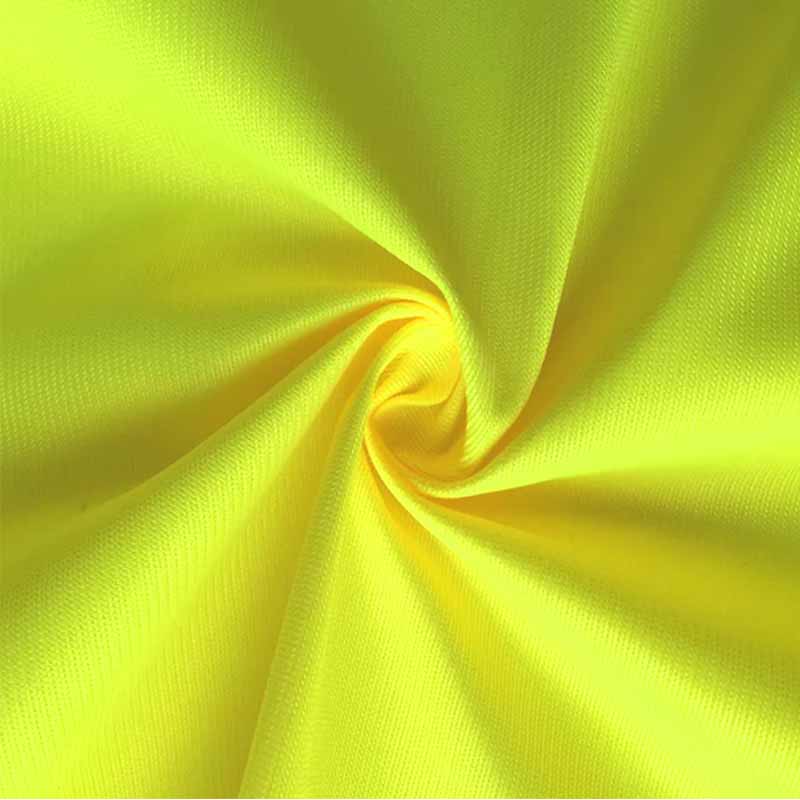
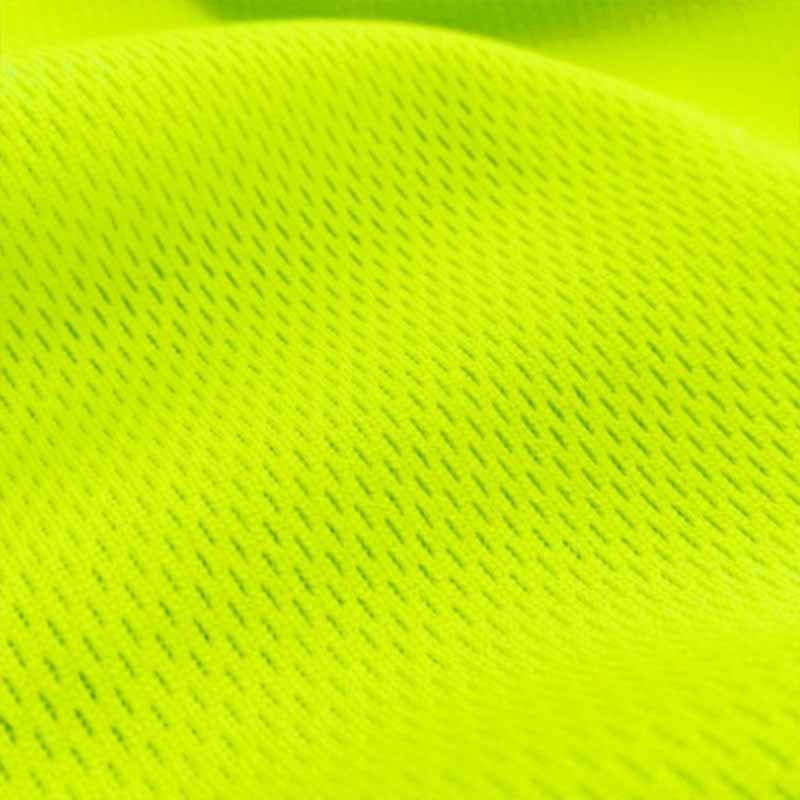

Nylon
Nylon is a synthetic fiber that is commonly used in the production of clothing, including workwear. It is known for its strength, durability, and resistance to wear and tear.
Some specific advantages of nylon as a fabric for workwear include:
- Strength: Nylon is a strong, durable fiber that is resistant to wear and tear. It can withstand the rigors of a work environment and hold up well over time with proper care.
- Moisture-wicking: Nylon is moisture-wicking, which means it absorbs sweat and other moisture from the skin and helps to keep the skin dry and comfortable. This can be especially important in hot or humid environments, or when working in physically demanding conditions.
- Quick drying: Nylon is a fast-drying fabric, which means it can quickly evaporate any moisture that it absorbs. This can help to keep the skin dry and prevent irritation or discomfort.
- Resistance to stains: Nylon is resistant to stains and odors, which can be helpful in dirty or greasy work environments.
- Easy care: Nylon is easy to care for and maintain, making it a convenient choice for workwear. It can be machine washed and dried, and it is generally resistant to wrinkling and shrinking.
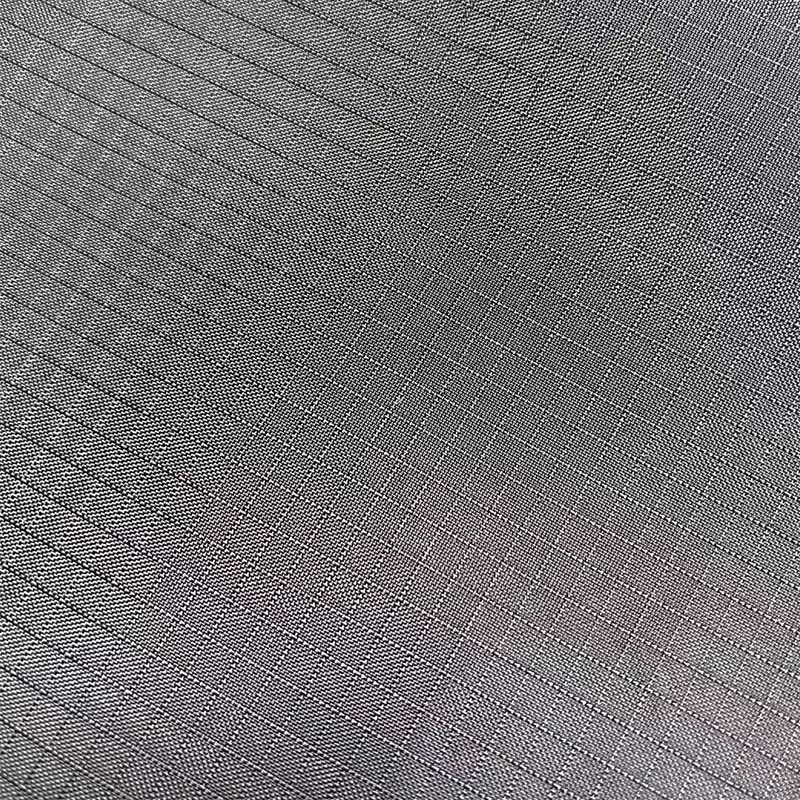
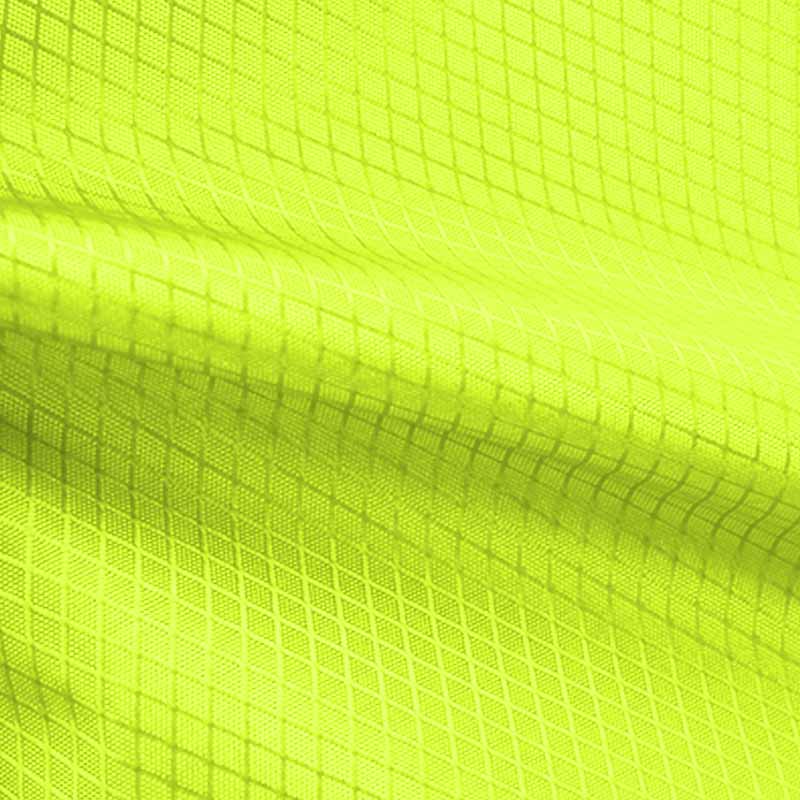
Many buyers and importers may wonder what the best workwear fabric is. Fabric and the materials it is made from will determine how suitable and safe workwear is for work. Although it might seem that all work shirts look the same, technical differences can be found in different styles. A person working on an oil rig might need flame-retardant clothing.
We hope you will find this article valuable and help you choose the right workwear from suppliers. Lino also offers a wide range of workwear to fulfill your needs. For any inquiries please contact us freely.

